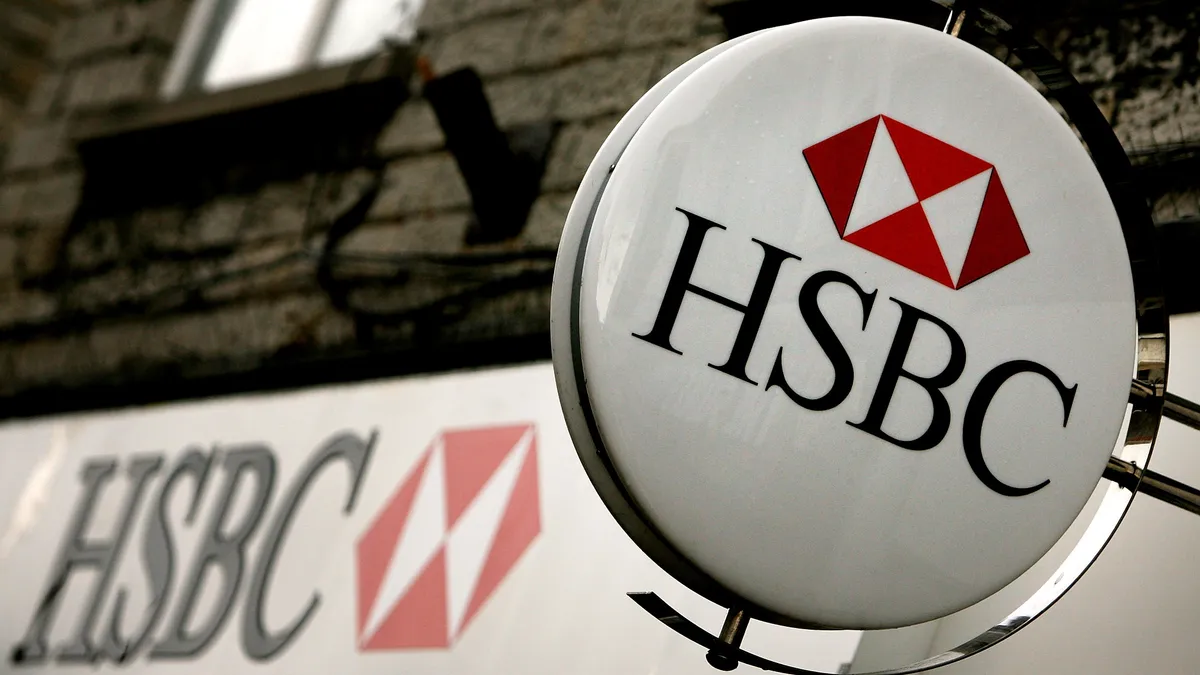The past two years have seen more than a handful of banks based on other continents pull up the stakes on their foreign outposts. BBVA sold its U.S. footprint to PNC. HSBC spun off its U.S. branches to Citizens and Cathay Bank. Mitsubishi is more than a year into its odyssey of trying to offload MUFG Union Bank. And Citi has found a way out of 12 of the 15 markets it wants to exit.
So when a bank goes against trend, it’s notable.
Taiwan-based Taichung Commercial Bank on Friday announced it would acquire Los Angeles-area American Continental Bank in a roughly $82.1 million cash deal set to close in the first quarter of 2023.
In American Continental, Taichung would get a bank with $324.4 million in assets, $245.7 million in gross loans, $271.3 million in deposits and a five-branch presence in California and Washington state. It would also get three loan production offices in the Bay Area and the Seattle and Dallas metro regions.
David Jia, Taichung’s president, confirmed the bank’s intention to open new branches in the U.S., in a press release. He also touted the banks’ “complementary business models, strong residential mortgage loan production platforms, and a focus on the Chinese-American market.”
“TCB's focus on high engagement client service, disciplined underwriting standards, strong asset quality and commitment to employee development aligns well with American Continental's culture and provides me great confidence for the future of the combined organization,” American Continental CEO Terry Lou said in the same release.
The Taichung deal stands in contrast to a move by a much larger bank this week to continue hewing its international footprint.
HSBC is exploring a sale of its Canada unit, it said Tuesday. The business could fetch anywhere from $7 billion to $10 billion, according to Sky News, the Financial Times and Bloomberg.
“The review is at an early stage and no decisions have been made,” the bank said in a statement, adding that it “regularly reviews its businesses in all its markets.”
The Canada development comes as Britain’s largest lender faces pressure from its largest shareholder, Ping An, to split its Western and Asian operations.
The Chinese insurance giant, which holds an 8% stake in the bank, argues that spinning off HSBC’s Asian business could generate $35 billion in additional market value and free the bank from $8 billion in capital requirements tied to its global systemic importance.
Asian markets account for roughly two-thirds of HSBC’s profits, and a heavier focus on that continent is part and parcel of the bank’s ongoing three-year strategy to cut 35,000 jobs and $100 billion in assets.
An exit from Canada “would not be material to group strategy, growth or capital return capacity” Bloomberg analyst Jonathan Tyce said. But leaving the market would cost HSBC roughly 4% of its pretax profit and 3% of its customer accounts worldwide. Most of the unit’s $768 million in profit stems from commercial banking, the wire service reported.
HSBC ranks as Canada’s seventh-largest bank, with a 130-branch footprint that launched in 1981. The bank employs more than 5,300 staff in its Canadian unit, according to figures filed at the end of 2021.
While Taichung and HSBC are banks of varying sizes and strategies, their proposed acquisitions or spinoffs may each bear watching through the lens of future momentum.












